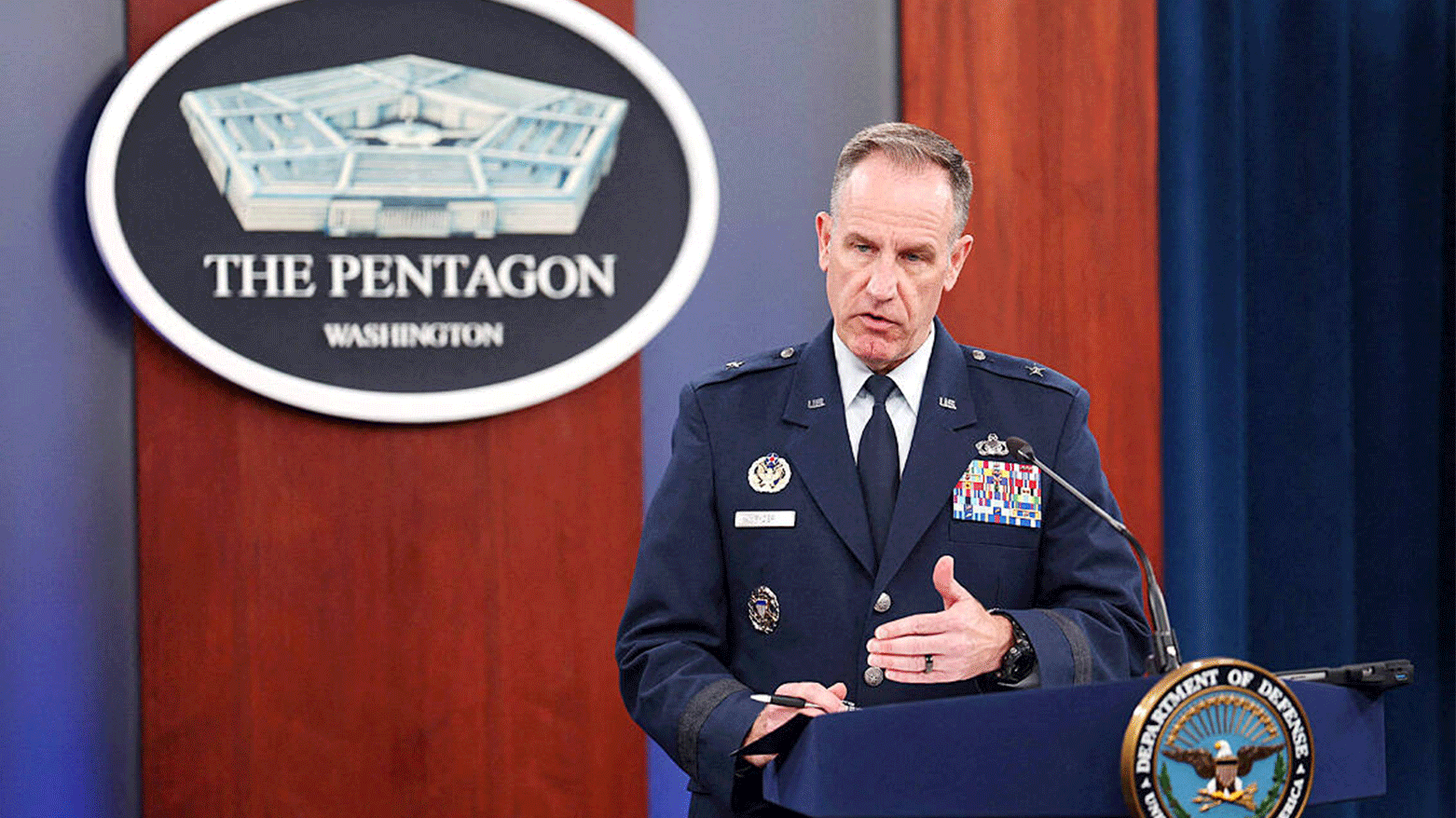‘Last known attack on Americans in Iraq and Syria was Nov. 23’: US Pentagon Press Sec.
The pause in attacks for unknown reasons coincides with a ceasefire between Israel and Hamas, mediated by Qatar.

ERBIL (Kurdistan 24) - US Brigadier General and Pentagon Press Secretary Pat Ryder held a press briefing in Arlington, Virginia on Monday, discussing recent developments in de-escalation efforts for Iraq and Syria.
“As far as attacks go, based on the information I have, the last known attack in Iraq or Syria was November 23rd,” the secretary noted.
The pause in attacks for unknown reasons coincides with a ceasefire between Israel and Hamas, mediated by Qatar.
“As far as why Iranian proxies have chosen not to conduct attacks, I'd refer you to them. But to be clear, again, we're going to continue to make force protection of our forces a priority, and if and when we are attacked, of course, we would respond appropriately,” he continued.
The “proxies” Ryder refers to are Shiite paramilitary forces operating under an umbrella group branding itself as the Islamic Resistance in Iraq (IRI), which is believed to be closely linked with, if not part of, the Popular Mobilization Forces (PMF), another Iran-backed umbrella organization in Iraq. The IRI has claimed responsibility for a flurry of drone and missile strikes on US and Coalition installations in Iraq and Syria since the outbreak of the Israel-Hamas conflict in early October.
While the exact figure is disputed, it is believed there have been 66 such attacks on American and Coalition installations in Iraq and Syria since the Gaza conflict began, according to a Pentagon Report on Nov. 21.
“When we've struck headquarters, when we've struck ammunition, those are facilities that are used by IRGC (Islamic Revolutionary Guard Corps) and IRGC-backed proxies. So diminishing the IRGC's capability within Iraq and Syria to conduct these kinds of attacks.”
While it is unclear what the exact relationship between the IRI and PMF is, the Washington Institute’s Bilal Wahab and Selin Uysal believe that the IRI is merely a rebranding to give the PMF an “official Iraqi state organ” and, thus, “more protection from sanctions and legal actions.”
Ryder continued, “We largely see the conflict contained between Israel and Hamas. That's not to say that — that you haven't seen Iranian proxies attempt to take advantage to further their own goals. In the case of Iraq and Syria, we've known that these groups, for a long time, have wanted to see U.S. forces depart.”
That remark has put the US in a predicament, as the same armed groups that want to see US forces “depart” are heavily embedded in the political apparatus of Iraq, which apportions a large sum of its budget for the paramilitaries.
Moreover, a Nov. 5 report indicated the US Coalition forces at Al-Asad Airbase in Anbar province had cut “information exchange channels” with the Iraqi Armed Forces, as the US believed the base’s coordinates and security information were being leaked by insiders.
And in the latest example of deteriorating ties, the US launched several airstrikes on Nov. 21 in the southern Babylon governorate town of Jurf Al-Nasr without giving a forewarning to its Iraqi counterparts, drawing sharp condemnations from several senior Iraqi officials.
“But, again, our forces are in Iraq at the invitation of the Iraqi government, focused solely on the Defeat ISIS mission. And so, again, no, we do not see that this has become a regional conflict, although the — again, tensions are high, and it's something that we're taking seriously and attempting to ensure does not happen,” Ryder concluded.